Don’t Resist the Resistance Training
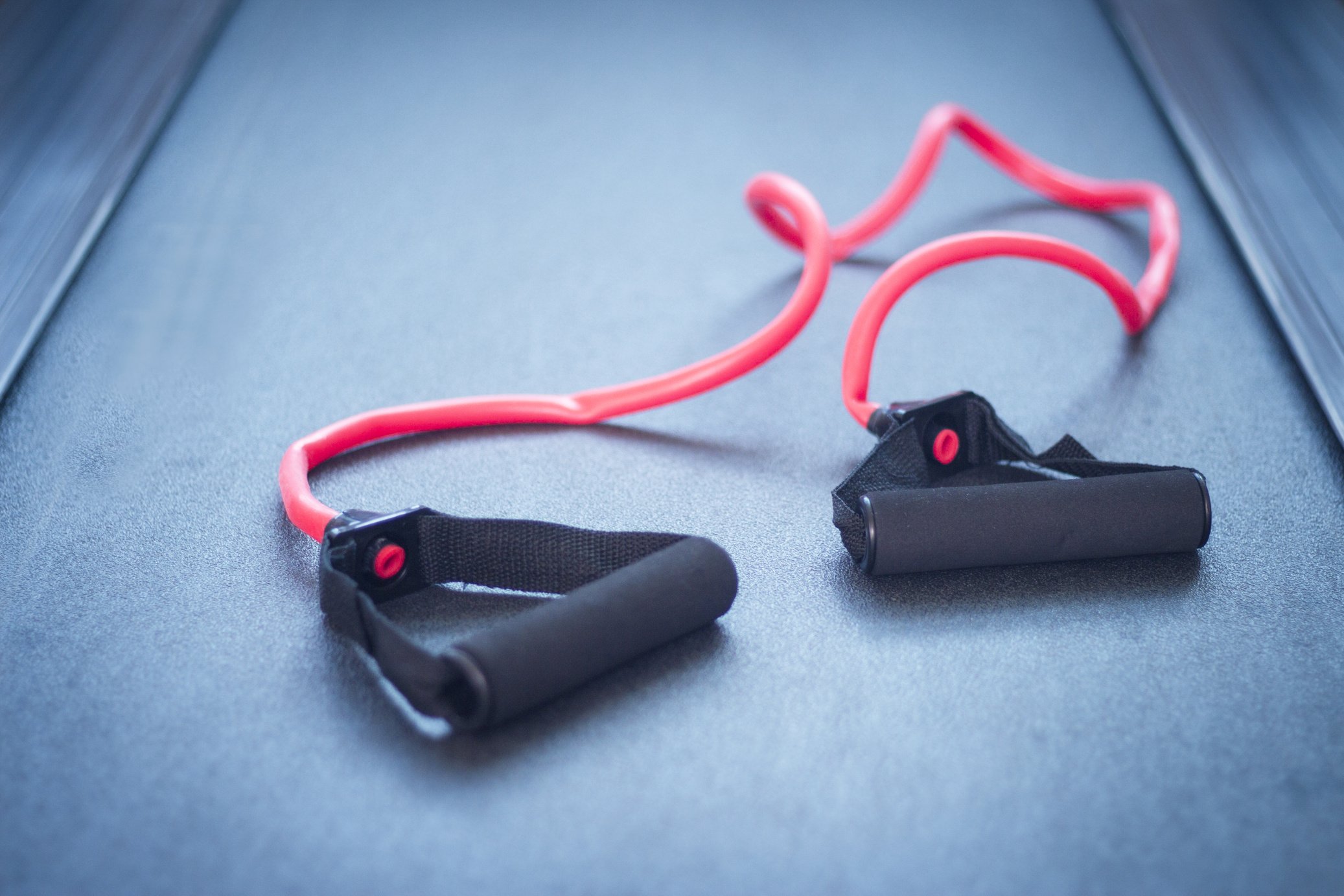
Don’t Resist the Resistance Training
People often have misconceptions about weightlifting or don’t understand the importance. They are afraid they will “bulk up,” get injured, or believe they are just too old. Others might know they should be doing it, but don’t know where to start. Unless you played on a sports team that incorporated lifting or were fortunate enough to take a weightlifting class in school, most people have never formerly been taught how to properly lift. It can be intimidating to walk into a gym and have no idea where to start, but resistance training is such an important part of any workout regimen and overall healthy lifestyle at any age!
Building muscle increases strength, power, and helps with weight loss and weight maintenance by increasing metabolism. A strong core and back promote good posture and make daily motions like lifting, pushing, and pulling easier. A strong lower body improves your ability to walk, run, and go up steps. Lean muscle mass helps your burn more calories which is essential for weight loss and maintaining your weight. Strength training can also help prevent the natural muscle loss that occurs as we age. Whether your goals are weight loss or simply improving your health, it is so important to work your muscles!

Below are some tips to help you get started with a resistance training routine:
- Work with a personal trainer: If you do not know how to properly lift or what to lift, that’s ok! Most gyms have trainers on staff to help with exactly that! Some include a complimentary session as part of your membership, so you can meet with someone and get a quick overview. If it’s not in the budget to work with a trainer regularly, talk to your gym to see if they offer weight lifting classes or if you can work with a trainer a few times until you feel comfortable on your own.
- Take a weightlifting class! Learning proper form is so important, not only to ensure you are getting optimum benefits, but also to reduce the risk of injury. Some gyms offer classes where you meet as a group and learn how to lift. After a couple of weeks or months in a class like this, you should feel confident walking into the weight area of the gym!
- Find a Friend! Most people have a friend or family member that works out regularly. See if you could go workout with them a few times as you start to get more comfortable in the gym. They may even enjoy the change up to their routine and getting the opportunity to help someone out! I always love working out with new people whether they are more or less advanced than me. It gives me the opportunity to evaluate my routine and mix things up! You could also find another novice friend to go with you as support, but you will still want to make sure you are learning the proper form as you go!
- Take a group exercise class! A lot of gyms offer classes as part of the membership or as an easy add-on. Pick a class that incorporates resistance training with body weight exercises (push-ups, burpees, squats) or uses dumbbells, kettlebells, or resistance bands. These are a great alternative to the weight machines that still allow you to work on building up your strength! Boot camps, kickboxing, and other circuit style classes are great for working the whole body and getting some cardio at the same time!
- Find a home routine! If you truly fear the gym, don’t let that hold you back! There are endless home workout videos out there! You can find free ones or subscribe to online training sites that act as a personal trainer. Find a routine that works for your lifestyle and space, and get the equipment needed to be able to work those muscles in the comfort of your own home!
It really doesn’t matter which route you choose to go, the important thing is finding a way to safely and regularly incorporate strength training into your routine. Don’t let fear or lack of knowledge hold you back! There are so many incredible resources out there. And if you truly don’t feel comfortable at your gym, then it might be time to find a new one! There are so many options, and you should find somewhere to workout that you feel comfortable and enjoy! The more you enjoy your routine, the more likely you will stick with it and be successful with your health goals!
If you need help getting started, please reach out! Our Personal Trainer Angela is always available.
We are here to help you Get Healthy and Stay Healthy for Life!
Health Questions? We’re Here to Help! 412-369-0400 or info@turofamilychiropractic.com

Top 10 Strategies for Restoring Your Gut Health
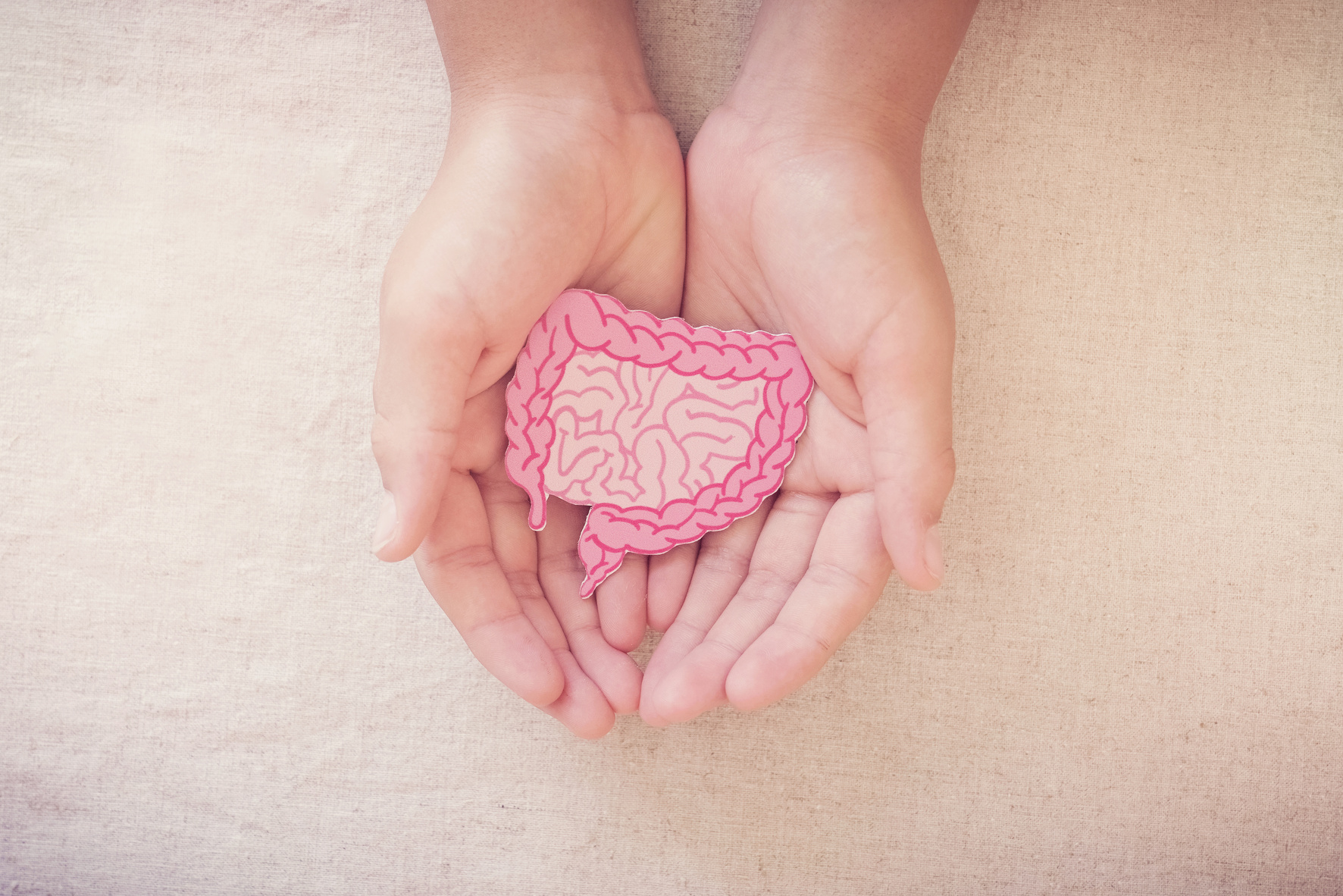
Top 10 Strategies for Restoring Your Gut Health
Your digestive system is a key component of your overall health. Its health affects your immune system and more. In fact, research has found that your gut controls so many functions that it is often referred to now as a second brain!
Digestive System Symptoms of Poor Health
Do you suffer from the following symptoms on a daily or weekly basis?
- Constipation
- Diarrhea
- Bloating
It’s normal to experience an occasional issue after a big meal or poorly cooked food. However, if you experience these symptoms on a daily basis, then it’s time to talk to a doctor.
If you’ve been feeling “off” lately, the good news is that you can take action to heal your gut and strengthen your health.
- Gas
- Reflux
- Brain Fog/Fatigue
Try these strategies for gut relief and healing:
- Check your medications. Certain medications can affect your digestive system. If you’re experiencing a side effect from one of your medications that is related to your digestive system, discuss it with your doctor. You may be able to adjust the medications that cause digestive issues. If you’ve taken antibiotics, be aware that they affect digestive systems.
- Check for food allergies. Not all food allergies are easy to detect. You may have a food allergy or sensitivity that is hurting your digestive system. Your body is unique, and you may not have all the symptoms that are typical. If you suspect a food allergy is present, discuss it with your doctor.
- Remove sugar and refined carbohydrates. Bacteria in your digestive system can feed on the sugar and refined carbohydrates and create issues. If you want to heal your gut, it’s important to change your diet. Cutting out sugar and refined carbohydrates is the first step to strengthening your health. You’ll reduce yeast growth in the gut and other unpleasant issues.
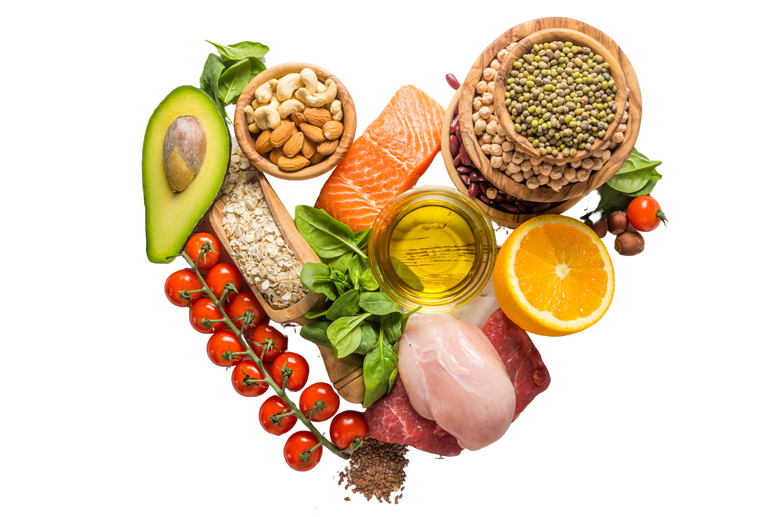
- Add fiber. Your digestive system needs fiber to function properly. Using natural sources of fiber usually works the best. Nuts, vegetables, beans, and whole grains have the fiber you need. Be sure to increase your water intake as you increase your fiber! Without proper hydration, fiber can cause some major backups and digestion discomfort.
- Try digestive enzymes. Your gut may be lacking the necessary enzymes to digest your food effectively. There are many supplements that can help restore your enzymes.
- Try probiotics. Probiotics can help you heal your gut and may help you feel better. You can find probiotics in a variety of fermented foods such as kimchi, kombucha, and krauts. You may also want to try probiotic supplements.
- Avoid fast food and processed food. These foods have high levels of salt, sugar, and unhealthy fat, and can make your gut feel worse.
- Chew carefully. Not chewing your food properly can hurt your gut as well. Chewing gives saliva a chance to mix digestive enzymes with the food before you even swallow it. This helps your gut break down the food easier. Experts recommend chewing each bite of food at least 20 times. That probably seems like a lot, but the more you chew the better off your gut will be.
- Make mealtime mindful. Sit down, relax, and enjoy your food, rather than hurrying through your meal. Pay attention to how you feel before, during, and after meals.
- Get Adjusted! Your nervous system controls and coordinates every other system in the body, including your digestive system. Removing subluxations will allow your gut to heal and function at its best.
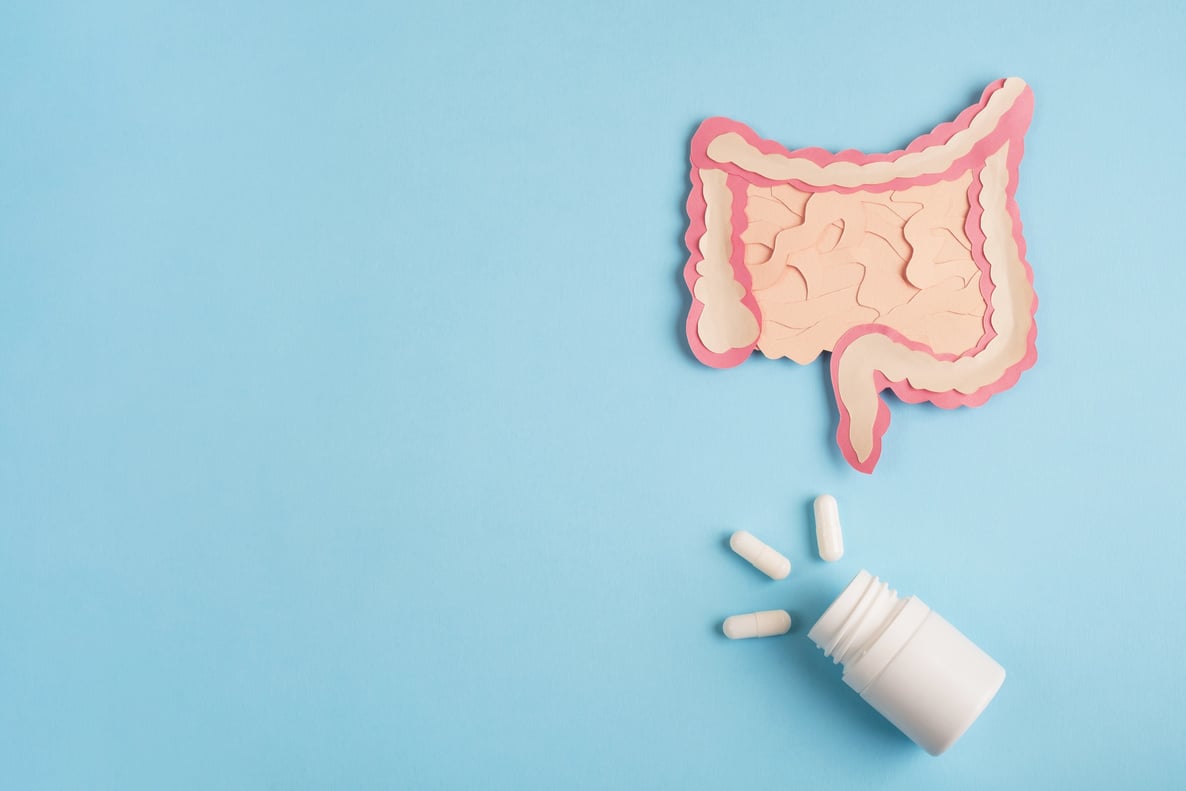
If you’re experiencing digestive issues, we’re here to help! Your digestive system may be able to heal on its own.
Following these tips will help return your gut to a healthier state and then maintain it!
If you need help getting started, please reach out! As always, we are here to help you Get Healthy and Stay Healthy for Life!
Health Questions? We’re Here to Help! 412-369-0400 or info@turofamilychiropractic.com

Getting Out In The Great Outdoors

Getting Out In The Great Outdoors!
It’s not called the GREAT outdoors for nothing! Being out in nature has some incredibly powerful effects on your health, both physical and mental! We’ve all experienced that wonderful relaxing feeling of laying on the beach or strolling through the woods. But we also know what an invigorating workout you can get outdoors. Let’s take a look at some of the amazing benefits of getting outside!

Increased Physical Activity:
There are endless ways to be active outside your home or the gym. The summer is the perfect opportunity to try new and exciting activities while also getting a great workout! Hiking, biking, kayaking and swimming are all great options. But don’t be afraid to explore other local options like a ropes course (GoApe in North Park is fantastic!). If you’re taking a trip to the lake or beach, water sports and even just running or walking in the sand offer some great active time! Just remember to stay hydrated as you will sweat more out in the heat and sun!
Relaxation
There is a calming presence of being out in green space. Being outdoors can reduce cortisol levels, which are often chronically high from stress and lack of quality sleep. It’s no surprise that a lot of meditation practices utilize imagery of the beach, woods, or running water to help aid in the process of centering and relaxing. Find a local spot that brings you peace and frequent there whenever you’re feeling a little stressed (or when you’re feeling happy!).

Keeps You Grounded
Have you ever heard of “earthing” or “grounding?” The concept is quite simple – it’s when your body is in direct contact with the Earth. This means skin touching the Earth without any barriers such as shoes, socks, flooring, etc. In today’s digital age, most people rarely have time to practice grounding.
Earth has a mild negative electrical charge. Our bodies tend to build up a positive charge from the electromagnetic frequencies that are all around us – cell phone towers, computers, TV, etc. This slight positive charge creates an internal environment in our bodies that is more prone to disease. More and more research is showing that grounding can help to even out the positive charge with Earth’s negative charge leading to improved health.
Vitamin D
Vitamin D is essential for immunity and bone health. When sun hits our skin, our body converts cholesterol into Vitamin D. We unfortunately do not get enough sunlight exposure year-round to get sufficient Vitamin D this way, so why not take every opportunity during the months we can??

Mood-Booster:
Sunlight isn’t just important for Vitamin D. When our retinas are exposed to sunlight, our brain releases serotonin, often known as the feel-good neurotransmitter. This is the main culprit of seasonal affective disorder (otherwise known as seasonal depression) that people experience in the winter months. But if you’re not getting out during the summer months, that depression could last year-round. Sunlight is not the cure to all depression, but it can certainly be a mood-booster for those experiencing a small dip in serotonin levels that are causing them to feel down.

Improve Sleep:
In addition to helping with serotonin levels, spending time outdoors can improve your sleep by helping regulate the circadian rhythm. Sunlight triggers the natural rise in cortisol throughout the day, which makes us feel awake and alert (this is normal – unlike chronically elevated cortisol from chronic stress). Darkness then triggers melatonin to help us sleep. Increased time indoors under artificial light and staring at screens greatly disrupts this balance. Getting outside and away from technology can help restore the natural balance to promote restful sleep.
As you can see, the outdoors truly is GREAT for your health! Whether you use it as time to spend with friends and family or as an opportunity to be alone and enjoy peace and quiet, make sure you are incorporating nature time into your wellness routine! Your mind and body will thank you!
As always, we are committed to helping our community Get Healthy and Stay Healthy for Life!
Health Questions? We’re Here to Help! 412-369-0400 or info@turofamilychiropractic.com

Improving Your Post Workout Recovery

Improving Your Post Workout Recovery
Your post-workout recovery routine is an essential part of staying healthy. Exercise can take a toll on your body, so it’s important to plan how you will rest. There are multiple aspects that can benefit your overall well-being.
Follow these tips for a healthy recovery after exercising:
Hydration
Exercise can make you feel dehydrated, so it’s crucial to replenish your water levels. Drinking water before and after your workout is important.
- You may also want to consider electrolyte drinks. Look for pure electrolytes as opposed to sports drinks filled with sugar and artificial colors, sweeteners, and flavors.
- Cherry juice also helps reduce muscle damage and can help your recovery time.
- BCAAs can help with recovery and muscle repair.
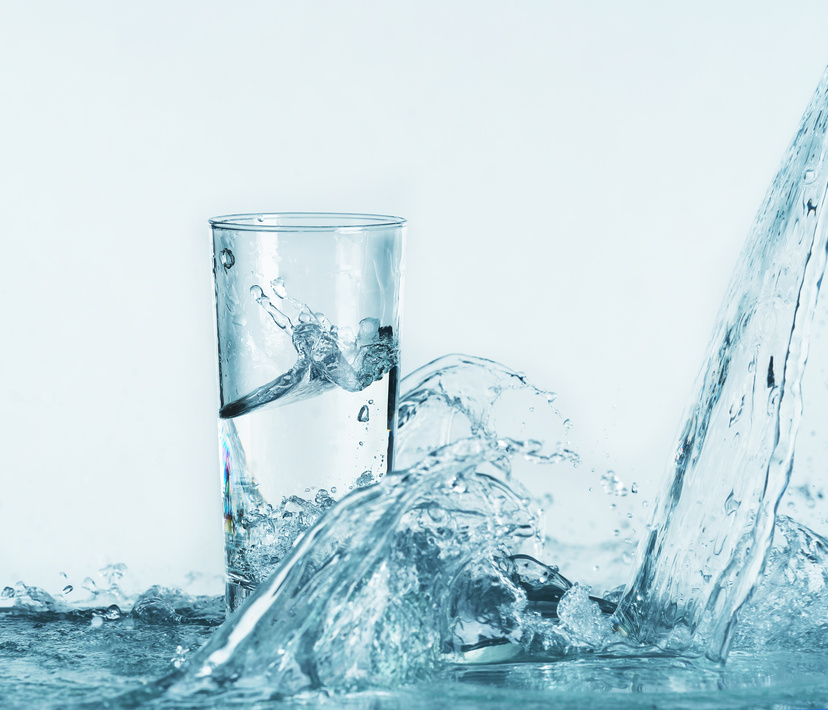
Rest
You may still have energy after a workout, but rest is essential for your recovery. Your body needs to cool down and recuperate after exercise. It needs time to heal and rebuild.
- Muscle fatigue is a serious issue. You can avoid it by resting and cooling down after an intense workout. In addition, strains and sprains can occur if you don’t give your body the chance to heal.
- Rest doesn’t mean you should sit on the couch all day after your workout. Going for a walk or doing some light mobility movements throughout the day will help keep your body from tightening up.
Food
Even the food you eat after a workout can affect your recovery. A diet that has a combination of healthy protein, carbohydrates, and fat is important for your recovery. Your body needs a variety of nutrients to heal and stay fit. An overall healthy diet will only help with recovery and reaching your fitness goals.
- Eating a healthy post-exercise meal will help aid your recovery. This will also make your workouts more effective and lead to faster results. You want to choose healthy, whole-food sources and avoid processed foods and added sugars.

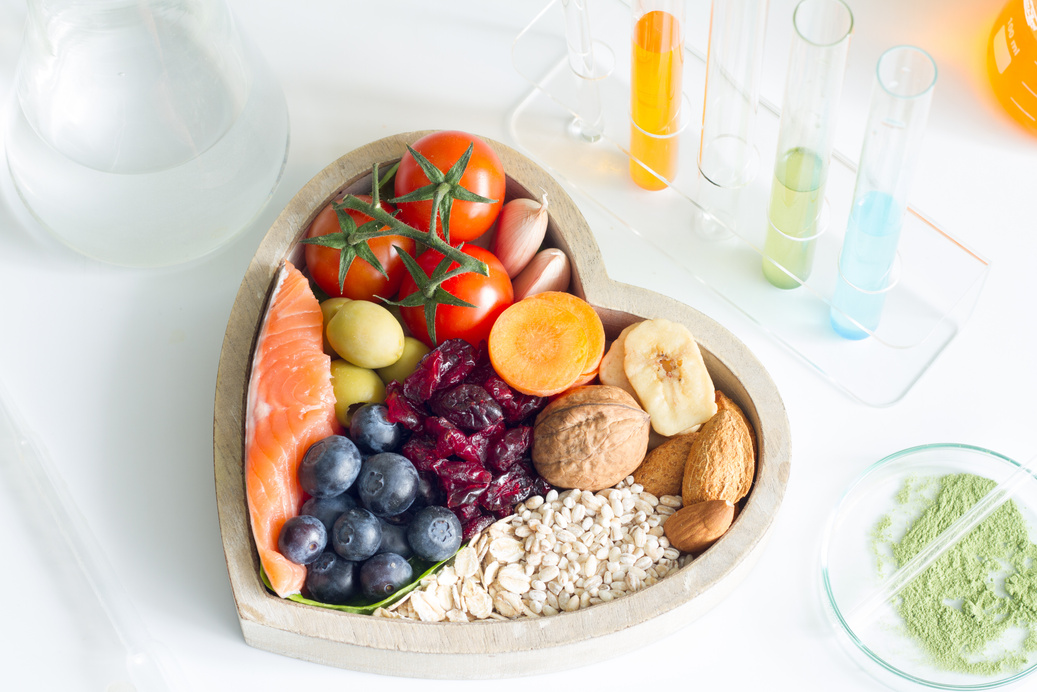
- Your body is depleted of amino acids, glucogen, and other molecules as you work out. You can restore your body by eating eggs, peanut butter, chicken, beef and healthy carbohydrates.
- Timing of post-workout food and drinks is an essential part of your post-workout routine. It’s important to eat or drink your recovery foods and beverages within one hour after you exercise. This is the ideal window to reduce damage and restore your muscles.
Massage
Massage can help you recover faster after exercise. It can decrease inflammation in the body and reduce pain and can also affect the genes in muscles.
- Studies have shown that massage can’t actually reduce lactic acid in your muscles, but it has so many other benefits. It can make you feel better and help your muscles repair themselves after an intense workout session. It can help you return to the gym the next day by reducing pain.

Medication
Medical and fitness experts don’t recommend pain pills after a difficult workout.
- Although it may be tempting to reach for over-the-counter pain pills and medications, they won’t help your recovery. They can cause liver damage and other issues. In addition, long-term use can affect your muscle growth and interfere with your post-workout recovery.
- If you’re in a lot of pain after a workout, giving your body the time to rest and recover is key. Taking pain pills so you can get back to the gym faster will actually increase your risk of injury.
Sleep
Good quality sleep is essential to muscle repair and recovery.
- Exercise breaks down and damages your muscles. The recovery time is when your muscles actually rebuild and get stronger. The majority of this repair happens when you’re sleeping. Adequate sleep is an essential part of any good exercise regimen and recovery routine.

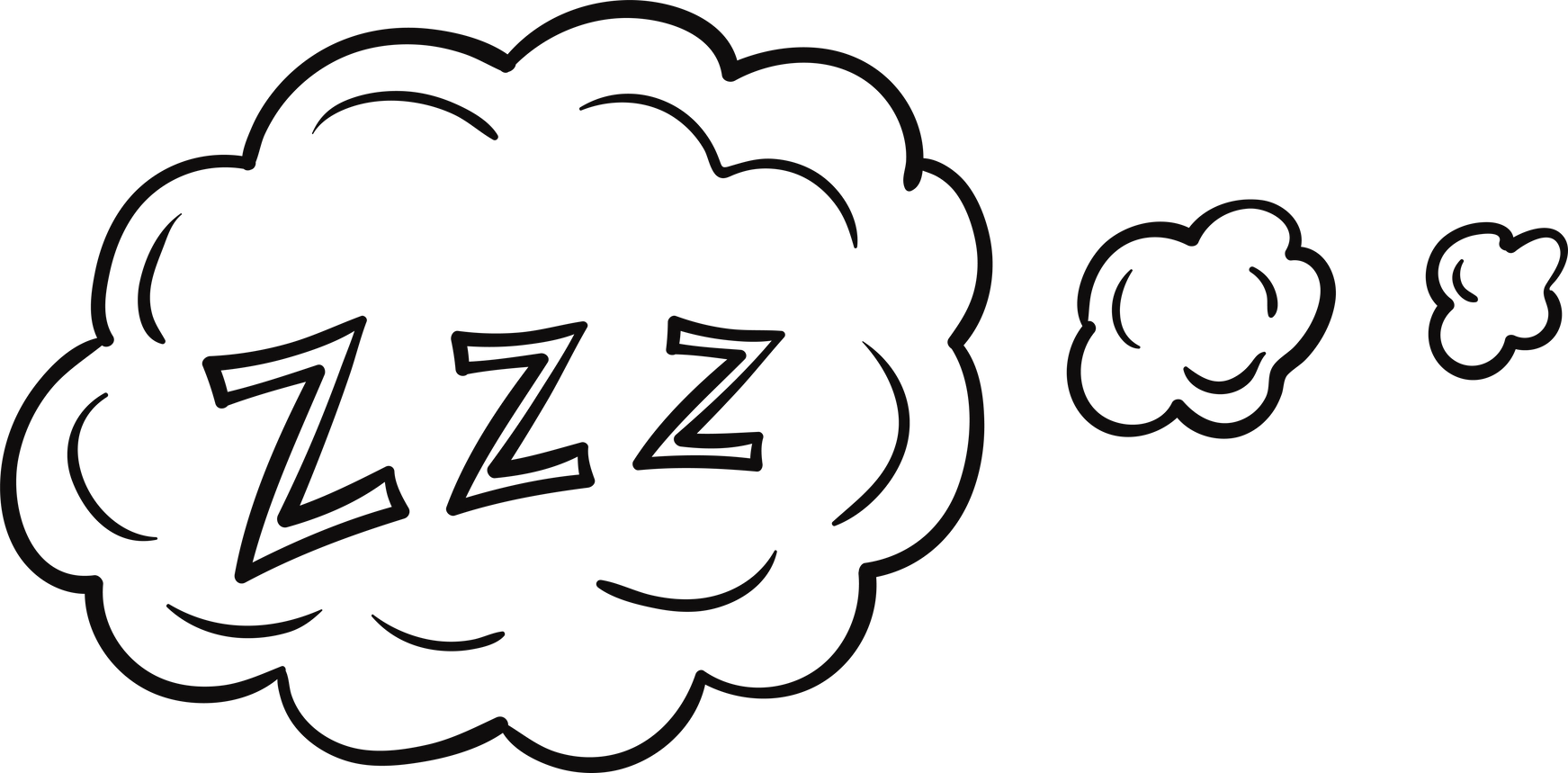
The way you handle your post-workout recovery can affect your health. Incorporate these factors into your regular routine after exercise and you’ll feel better, recover faster, and enjoy more vigorous health.
As always, we are committed to helping our community Get Healthy and Stay Healthy for Life!
Health Questions? We’re Here to Help! 412-369-0400 or info@turofamilychiropractic.com

Heart-Healthy Habits You Don’t Want to Live Without

Heart-Healthy Habits You Don’t Want to Live Without
Lifestyle changes can reduce your risk of developing serious heart conditions by more than 90%. That’s true even if you already have high cholesterol or high blood pressure. If you want to protect your health but you’re still struggling to make major adjustments, you’re not alone! On the bright side, even following through on one or two new tips can make a dramatic difference. Small changes go a long way when it comes to your health! Take a look at these heart healthy practices and find the ones that work for you.
Heart Healthy Diet and Exercise Tips
- Eat More Vegetables. Eating vegetables just three times a week can lower your risk of heart failure by more than 25%. For more progress, aim for at least 5 servings a day.
- Focus on Fiber and Omega 3s. Fiber and omega-3 fatty acids help lower blood pressure and the risk of heart disease. Good sources of fiber include fruits, vegetables, and beans. Omega-3s are found mostly in fatty fish.
- Choose Other Healthy Foods. The American Heart Association recommends eating a variety of nutritious foods from each food group. They also suggest cutting back on sugary drinks and red meat.
- Manage Your Weight. Obesity puts more strain on your heart. You don’t need to stress over a couple of pounds, but watch the scale and find a healthy weight for you that can be maintained with a healthy lifestyle.
- Watch Your Waist. Even more than weight, abdominal fat is of particular concern. Women are advised to keep their waistline under 35 inches, and under 40 inches for men.
- Drink Responsibly. Excess alcohol can take a toll on your heart and other organs. In general, up to one drink a day is safe for women, and two for men.
- Work Out Regularly. The American Heart Association also encourages at least 150 minutes per week of moderate exercise or 75 minutes per week of vigorous activity. Train for strength, flexibility, and cardiovascular fitness.
- Monitor Your Heart. Heart rate monitors aren’t just for athletes. There are simple devices to tell you how hard your heart is working and whether you’re overdoing it. Tracking your resting heart rate and exercise heart rate can tell you a lot about your heart health.
Other Heart-Healthy Tips
- Start Young. Heart disease is progressive, so the choices you make early in life can pay off. Give your kids a head start, especially if you have a family history of such conditions.
- Quit Smoking. Smoking increases the risk of heart failure by 86% for men and 109% for women. Give up tobacco, if you haven’t already done so. Avoid secondhand smoke too.
- Limit TV. Some studies show that watching TV for an hour or less a day can help. Substitute other activities like socializing with friends and family or taking a walk.
- Sleep Well. Sleeping at least 7 hours a night is another essential. To enhance the quality of your slumbers, go to bed and rise on a consistent schedule, darken your bedroom, and block out background noise.
- Get Moving. Sitting is the new smoking! In addition to regular exercise, you want to increase your overall Physical Activity, which is all your non-sedentary time like doing household chores, walking the dog, cooking, chasing the kids/grandkids, etc. Aim for 10,000 steps per day to optimize your health.
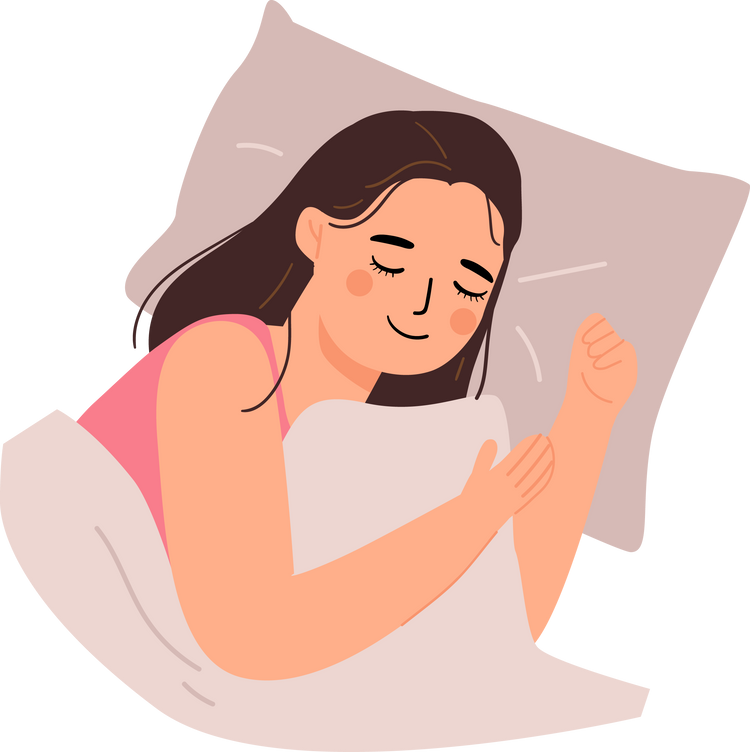
When you think about how your heart pumps blood and oxygen for you around the clock, you might want to spend a little more time caring for this important organ. Heart disease is the leading cause of death in the United States, but most cases are preventable by living a healthy lifestyle including eating a nutritious diet, exercising regularly, and avoiding tobacco.
If you need help getting started, please reach out! As always, we are here to help you Get Healthy and Stay Healthy for Life!
Health Questions? We’re Here to Help! 412-369-0400 or info@turofamilychiropractic.com

The Detriments of Daily Stress
(and Tips for Coping!)

The Detriments of Daily Stress (and Tips for Coping!)
Stress is your body’s natural response to any kind of threat or demand, whether it be real or imagined. It is a natural and necessary process! However, chronic stress is running rampant in our increasingly demanding world and negatively affecting our health!
What Does a Healthy Stress Response Look Like?
If you have ever heard the term “fight or flight” response, this refers to the surge of energy you get in response to a stressor. Imagine you are crossing the street, and a car runs a red light and is coming straight at you. You jump back onto the sidewalk, your heart is pounding, and you feel adrenaline pumping through your body. This natural response provided the energy to either fight your immediate threat or run to safety. Heart rate and blood pressure increase to pump blood to the muscles so you can run, jump, or fight harder and faster. Cortisol levels increase to give your brain the jolt it needs to be alert. This short-term response to an immediate threat just saved your life. Once safely back on the sidewalk however, you should feel your heart rate returning to normal and a sense of calmness returning.
This is how the stress response should work. This is what allowed our ancestors to run from lions and fight off attacks. Your body needs to reallocate energy during times of danger. However, in today’s world, we often have an ongoing stress response due to the increasing demands of life and psychological threats, rather than physical threats. Pressures from work, school, home life, health problems, etc. create psychological stressors that continually trigger this stress response and impact how your body functions.
What’s Happening during Fight/Flight Response?
1.Adrenaline (epinephrine) is released to increase blood flow to the heart and muscles
2.Cortisol is released and spikes glucose to provide a burst of energy to the muscles and brain
What Does Chronic Stress Do to Me?
- Drains Your Energy. When your body is in fight or flight mode, energy is being pulled from necessary bodily functions like immune support, digestion, and reproductive health to provide the energy to fight the “immediate danger.” When we become chronically stressed, these systems become compromised, and we may find ourselves getting sick or having other complications like digestive problems or ulcers.
- Hurts Your Heart. During the stress response, adrenaline is released which increases blood pressure and heart rate. Chronic stress can lead to long-term hypertension which is a risk factor for heart disease.
- Increases Your Waistline. Stress increases a hormone called cortisol, which increases glucose (sugar) in the blood. This is great for a quick burst of energy during a threat, but long-term raised cortisol levels will lead to weight gain, particularly around the waist region, and can put you at risk for other chronic health conditions.
- Messes with Your Mood and Sleep. Cortisol also aids in sleep and mood, so abnormally high levels of cortisol overtime may lead to poor sleep and changes in mood, anxiety, and/or depression.
Learning how to cope through healthy stress-reduction techniques is essential to combat the chronic stressors of life. We can’t always control what happens in our lives, but we can control how we respond!
Try These Tips to Help Manage Your Daily Stressors:
1. Slow Down. Maybe you’re trying to do too much. Set realistic expectations for yourself. Take regular breaks throughout the day.
2. Exercise Regularly. Physical activity is a great way to relax. Design workouts that you enjoy, so you’ll want to stick with them. Even getting out for a walk can do wonders for your stress level!
3. Eat Healthy. Your diet can affect your stress levels. Eat foods rich in fiber and balanced nutrients. Smart choices include green vegetables, fruit, and fish.
4. Sleep Well. Aim for 7 to 8 hours of sleep each night. Stick to a regular schedule even on holidays and weekends. If disturbing thoughts are keeping you up, chase them away with soothing bedtime rituals, like a warm bath or chamomile tea.
5. Take Time Daily for Quiet Reflection. Even a few minutes of prayer or quiet reflection can increase your peace of mind. Find a quiet spot to sit down, take a few deep breaths, and relax your muscles.
6. Stay Connected. Build a network of social support. Ask for help when you need it. Talk about your feelings with someone you trust.

Managing stress is often easier said than done. If you’re struggling to find healthy stress reduction that works for you, please don’t hesitate to reach out.
As always, we are here to help you Get Healthy and Stay Healthy for Life!
Health Questions? We’re Here to Help! 412-369-0400 or info@turofamilychiropractic.com

First Food,
Then Supplement

Food First, Then Supplement!
In theory, you should be able to get all the nutrients you need from your diet. So why supplement? For starters, no one eats a “perfect diet”. Supplements ensure that our bodies get the nutritional building blocks that they require, even when our healthy eating intentions are slightly sub-par. What’s more, research shows that the food we eat today often lacks the nutritional value that it held in previous decades. Adding a supplement helps make up for that gap. The question remains – what do we really need? We always encourage people to focus on a healthy diet and only supplement what is truly needed. In this blog we’ll review some of the essential nutrients, why they are important, and offer some “Food First” suggestions.
Essential Fatty Acids (EFA)
Essential in this context means that it’s not something that our bodies make – we have to ingest it. Omega 3s and Omega 6s support your nervous, cardiovascular, immune, and reproductive systems. You want to keep a healthy Omega 3:6 ratio (ideally a 1:1 – 1:4 ratio).
The problem? We ingest a much larger amount of Omega 6 in our diets, tipping the ratio. To balance things out, a high quality EFA supplement may be needed. Look for one made with small fish that have fewer toxins (i.e. anchovies and sardines), and with both EPA and DHA.
Food First Options:
• Fatty fish such as salmon, mackerel, tuna, herring, and sardines
• Nuts and seeds such as flaxseed, chia seeds, and walnuts
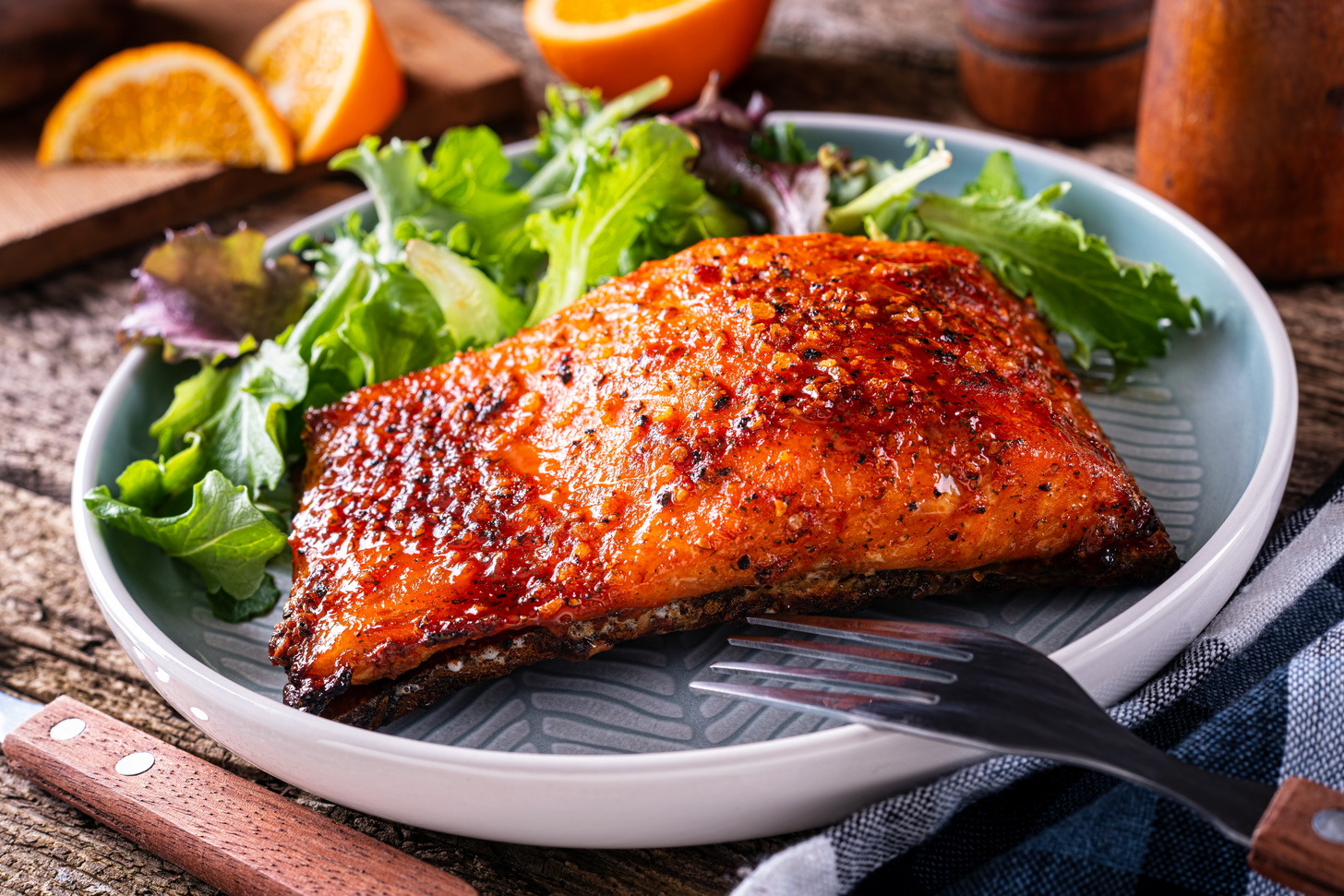
B Vitamins
Each of the B vitamins have unique functions, but generally they help support energy production in the body and are needed for normal growth and metabolism. Aside from B12, they are water soluble and cannot be stored, therefore regular consumption is essential. Animal products like meat, eggs, and dairy are good natural sources of B vitamins. There are some plant-based sources, but the preparation can affect the amount and absorption of the vitamins. If you follow a meat-free diet or tend to limit animal products, you may need a good quality B Complex supplement.
B Vitamins Include:
• B1 (Thiamine)
• B2 (Riboflavin)
• B3 (Niacin)
• B5 (Pantothenic Acid)
• B6 (Pyridoxine/al/amine)
• B7 (Biotin)
• B9 (Folic Acid)
• B12 (Various Cobalamins)
Food First Options:
• Meat and fish like salmon, chicken, beef, liver and organ meats
• Eggs
• Dairy like milk and yogurt
• Non-animal options: leafy greens and legumes

Vitamin D
When sunshine isn’t an option, it’s important to supplement the Vitamin D our bodies need to promote calcium absorption, bone and teeth health, and immune system function. Choose a supplement that includes Vitamin K for improved absorption. Look for an option that is specifically D3 (natural) versus D2 (synthetic) so that it’s bio-available (ready for your body to use). Like the B Vitamins, the best food sources for Vitamin D are animal products. This would be another important supplement if you are vegan or do not consume a lot of fatty fish or eggs.
Food First Options:
• Fatty fish like salmon, halibut, and mackerel
• Herring, sardines, and canned tuna
• Egg yolks
Antioxidants
Antioxidants are free-radical fighters. Free radicals are molecules formed in the body that are out looking to cause trouble for healthy cells; disrupting normal activity and actually damaging DNA, planting the seed for disease. Antioxidants neutralize free radicals by sharing their electrons to stabilize them.
There are two kinds of antioxidants that target different systems in the body. Fat soluble antioxidants like vitamins E and D help keep the peace in organs and tissues. Water soluble antioxidants like OPCs are effective for blood sugar regulation, circulation, inflammation and immune support. A mixture of both is a great idea for overall health. Eating a variety of colorful fruits and vegetables is the best way to boost your diet with antioxidants.

Food First Options:
• Berries such as blueberries, strawberries, and raspberries
• Dark leafy greens such as kale and spinach
• Beets
• Spices such as ginger, turmeric, and garlic
• Herbs such as parsley, rosemary, and sage
• Dark chocolate
These are general guidelines that can benefit everyone. It’s important to eat the most well-balanced diet possible, and supplement where needed! If you’re feeling tired, sluggish, achy, or just generally unwell, it could be a lack of important nutrients. Taking an honest look at your diet and making some small changes could be a great place to start. If you need help or guidance, please do not hesitate to reach out!
As always, we are committed to helping our community Get Healthy and Stay Healthy for Life!
Health Questions? We’re Here to Help! 412-369-0400 or info@turofamilychiropractic.com

A Harmonious Hormone Lifestyle

A Harmonious Hormone Lifestyle
Hormones are a tricky business, there’s no doubt about that! They help control and regulate so many processes in the body. Everything from hunger and thirst, mood, sleep, reproduction and more are controlled by hormones. Therefore, when your hormones are not working harmoniously, you may see a wide range of symptoms.
Just a few of the symptoms associated with the more common causes of hormonal imbalances include:
- unexplained weight gain or weight loss
- unexplained or excessive sweating
- difficulty sleeping
- changes in sensitivity to cold and heat
- very dry skin or skin rashes
- changes in blood pressure or heart rate
- irritability and anxiety

You have probably experienced some of these before. However, chronic and unexplained symptoms from this list could point to a hormone issue. That’s why it is so crucial to listen to your body so you can recognize when there is a bigger underlying issue.
Seeing a hormone specialist who can order and interpret blood tests is the only way to know exactly what is going on with your hormones. The good news is there are lifestyle changes you can start making TODAY that may help or alleviate your symptoms all together. While medication may be needed in certain situations, there are lots of natural ways to prevent and reverse hormone issues!
Just like anything related to our health, when it comes to living a lifestyle that will promote hormone harmony, it’s all about making healthy choices and avoiding stressors of the endocrine system:
Avoid Sugar and Refined Carbs
Sugar is a big culprit in just about everything related to our health, but especially hormones. Insulin is greatly affected by sugar, which can lead to insulin resistance and type 2 diabetes. Sugar also affects estrogen. So, when you feel “PMS” and go for that pint of ice cream, you are doing much more harm than good!
Exercise Regularly
Probably no surprise here either. Exercise helps promote balanced hormones. You want to make sure you are getting the right amount, and not too close to bed. Exercise is a temporary stressor and does increase cortisol levels in the short-term, so exercising too close to bedtime may affect your sleep quality. Regular exercise in the long run helps balance these hormones and will promote better mood and sleep.
Manage Stress
Chronic stress is one of the biggest culprits of hormone imbalances. When we are stressed, things simply do not work correctly! Our body goes into survival mode, which heightens the “fight or flight” response and shuts down normal bodily processes like digestion, reproduction, and sleep. Chronic stress is so detrimental to our health. It’s so crucial to find healthy stress reduction techniques that work for you.
Consume Healthy Fats
Including healthy natural fats in your diet and avoiding unhealthy trans and processed fats can help reduce insulin resistance and stimulate the production of hormones that help control appetite. Fat does not spike insulin levels and helps you feel more satiated between meals, which can help reduce how much you eat throughout the day.
Avoid Overeating or Undereating
Overeating is shown to increase insulin levels and reduce insulin sensitivity, especially in overweight and obese people who are insulin resistant. On the other hand, cutting your calorie intake too much can increase levels of the stress hormone cortisol, which is known to promote weight gain when it’s elevated. That means following a very calorie restrictive diet to lose weight could end up having the opposite effect! You want the right amount of fuel and good quality food!
Drink Green Tea
Green tea has been linked to increased insulin sensitivity and lower insulin levels for people who are overweight, obese, or have diabetes. In addition to hormone support, green tea is a powerful antioxidant and metabolism-boosting beverage. All around, it’s great for your health! But because of it’s natural caffeine content, just avoid too close to bedtime!
Avoid Processed Foods
Processed foods are just all around bad for us! They are high in unnatural trans fats, sugar and artificial sweeteners, and other chemicals that aid in production and increase shelf life. All of these things can negatively affect our hormones. If you can’t pronounce the ingredients on the package, there’s a good chance it’s not good for you! Eating a diet full of fresh and local whole foods will always be your best option, no matter what health issues you may be dealing with.
Limit Alcohol
Alcohol can affect a lot of things in the body including inflammation, and yes, hormones. Alcohol affects insulin, and therefore excessive consumption can lead to problems with insulin resistance, similar to too much sugar. Insulin also increases estrogen levels.It’s not to say you can never have a drink, but if you are working to rebalance your hormones, you definitely will want to reduce or eliminate your alcohol to help get things functioning properly.
Get High-Quality Sleep
No matter how nutritious your diet is and how much exercise you get, your health will suffer if you don’t get enough restorative sleep! Poor sleep has been linked to imbalances of many hormones, including insulin, cortisol, leptin, ghrelin and growth hormone. Even one night of poor sleep can lead to an increase in the hunger hormones (ghrelin) and decrease in your satiation hormones (leptin). This leads to feeling hungry and eating more throughout the day. Long term imbalances can lead to weight gain.
Maintain a Healthy Body Weight
I don’t often talk about weight or focus on the scale. But when it comes to hormones, this is important. Adipose (fat) tissue is actually an endocrine organ, making it directly involved in the hormone system. This means excess fat can impact hunger and your ability to lose weight. Anyone who’s ever lost weight knows how much harder it is to keep that weight off. That’s a hormonal response from your body. Maintaining a healthy body weight is best for preventing issues from excess fat, and even more important after losing weight. Constantly fluctuating weight can have some major negative impacts on your hormones and overall health. Find a diet and lifestyle that works to maintain a healthy and realistic weight FOR YOU.
Eliminate Xenoestrogens
This could be (and may be in the future) its own blog! To keep it very simple for now, xenoestrogens are any type of substance that comes into your body and throws off its proper balance of estrogen by essentially acting just like estrogen (i.e. estrogen mimicker!). They can be synthetic or natural, but either way, they are a big problem as they can block or bind to our hormone receptors, as well as be stored in our fat cells and lead to a massive estrogen buildup! This may eventually result in estrogen dominance (too much estrogen and often not enough progesterone). Common culprits of xenoestrogens are plastics, health and beauty products (like lotions, shampoo, makeup, fragrance, etc.), and processed and soy-based foods. This means being an educated consumer and learning to check labels and choose natural products as much as possible!
In conclusion, a healthy hormone lifestyle looks just like any healthy lifestyle! If you follow a general healthy lifestyle of eating whole, nutritious foods, exercising, and managing stress, you will be well on your way to optimal health and hormone harmony. If you are following a healthy lifestyle and still seem to be having issues, always consult with a hormone specialist to help advise you on the next step. And remember, it’s always easier to PREVENT things from happening than try to fix a problem later.
As always, we are committed to helping our community Get Healthy and Stay Healthy for Life!
Health Questions? We’re Here to Help! 412-369-0400 or info@turofamilychiropractic.com